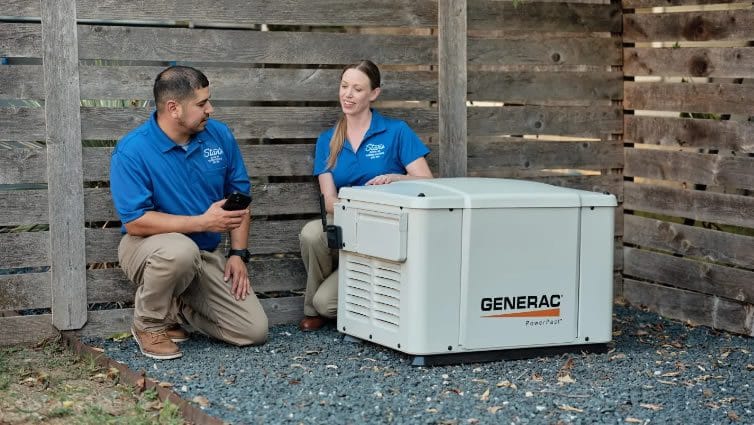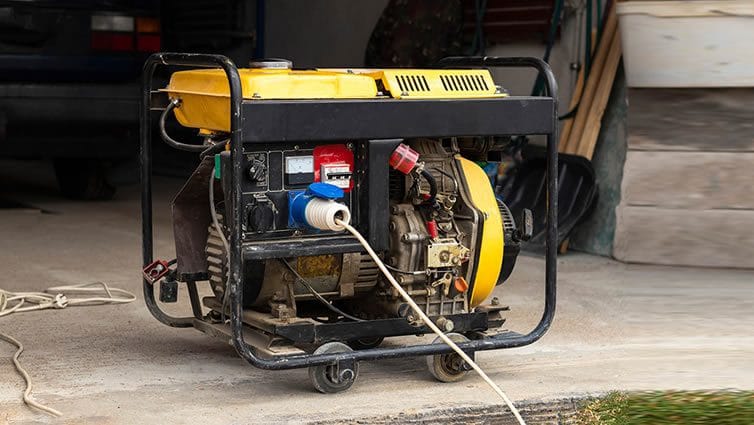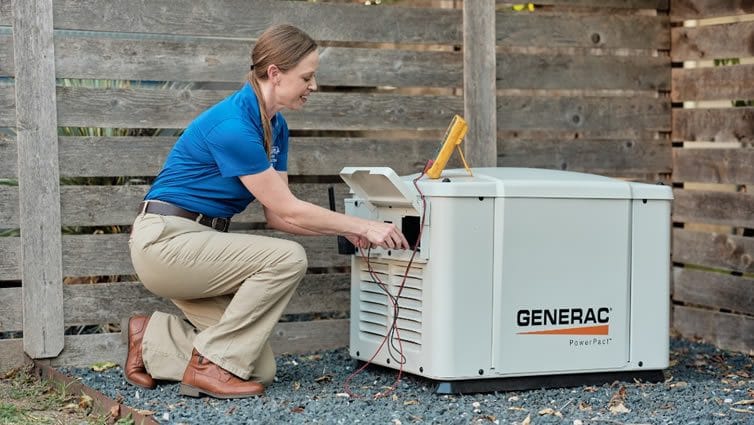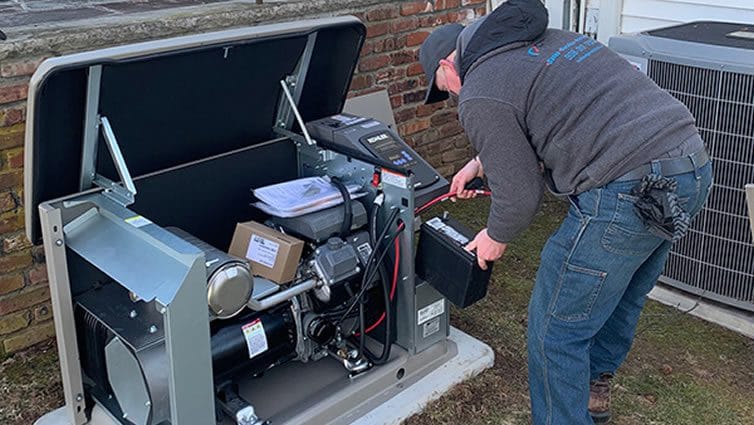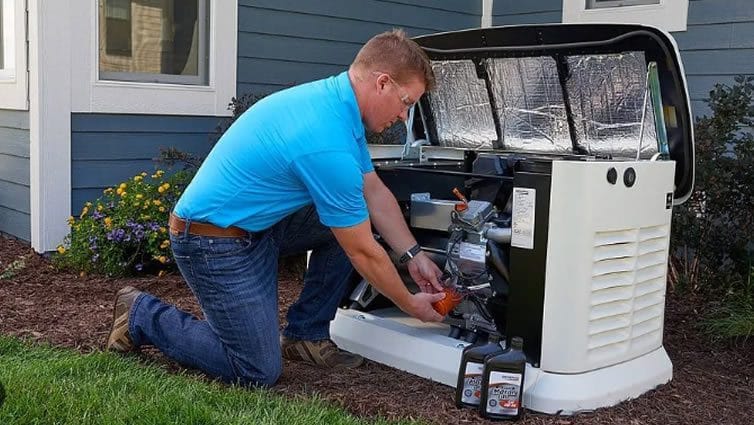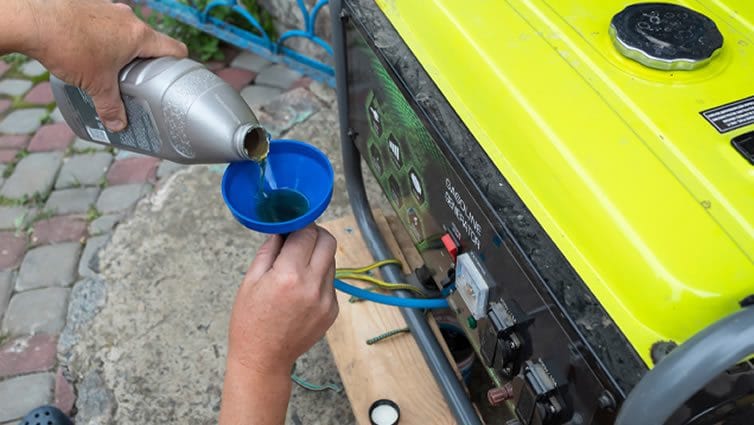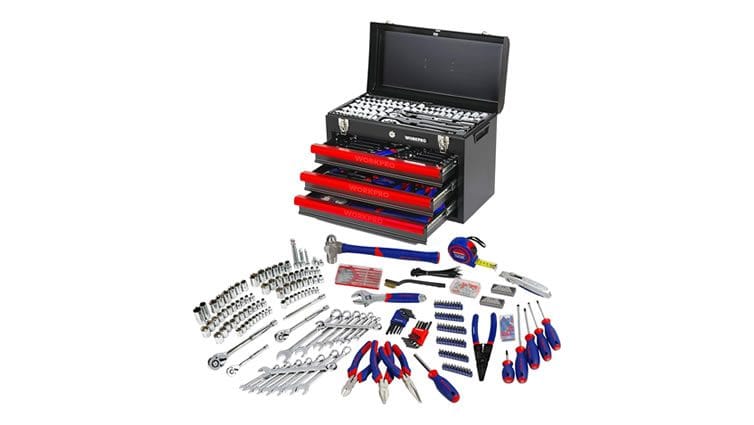Generator Maintenance: 7 Best Essential Tips
How Often Should You Service Your Generator?
Owning a generator is a lifesaver, whether you’re camping, dealing with a power outage, or just need backup power. But like any trusty machine, your generator needs regular maintenance to keep running smoothly. The question most people ask is, “How often should I service my generator?” It’s a great question, and the answer depends on how often you use it, the type of generator you have, and the manufacturer’s recommendations. Let’s dive into the key points to help you figure out the best maintenance schedule.
Regular Usage: Monthly and Yearly Checkups
If you’re using your generator frequently, like during long camping trips or as a backup for your home, you’ll want to be more diligent with maintenance. For portable generators that get moderate to heavy use, it’s a good idea to do a quick monthly checkup. This doesn’t have to be too involved—just a basic look at oil levels, air filters, and fuel quality to make sure everything is in order.
On top of these monthly checkups, a more thorough yearly service is also recommended. During this yearly service, you’ll want to change the oil, inspect the spark plugs, clean or replace the air filter, and give the fuel system a good once-over. This yearly maintenance helps keep your generator running smoothly, especially if it’s going to be stored for extended periods between uses. Think of it like an annual doctor’s checkup for your generator—better to catch any potential problems early than deal with a breakdown when you need it most.
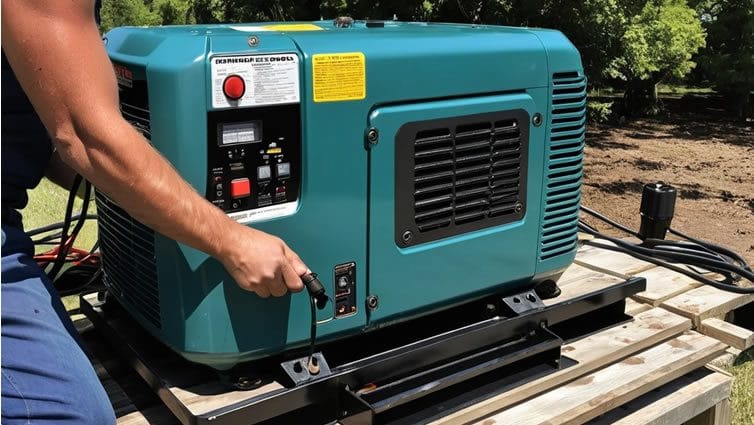
After Every 100 Hours of Use: Major Maintenance
For generators that see heavy use, such as on long camping trips or in regions prone to frequent power outages, it’s crucial to service your generator after every 100 hours of operation. This might sound like a lot of work, but trust me, it’s worth it! Most manufacturers recommend changing the oil and oil filter after 100 hours of continuous use. Dirty oil can reduce engine efficiency, so staying on top of oil changes is one of the simplest ways to extend the life of your generator.
It’s also a good time to check the air filter, especially if you’ve been running your generator in dusty or dirty environments. A clogged air filter can lead to overheating and poor fuel efficiency, so cleaning or replacing it will keep your generator running at its best. Be sure to check the spark plug too. If it’s looking worn or dirty, go ahead and replace it to ensure smooth starts every time you fire up the generator.
Standby Generators: Quarterly Checks Are Key
If you have a standby generator (one that automatically kicks in when the power goes out at home), you might not think much about maintenance since it doesn’t get as much active use as a portable generator. But don’t be fooled! Even if your standby generator is just sitting there most of the time, it still needs regular care. For these types of generators, a quarterly checkup is usually enough to keep everything running smoothly.
During these quarterly checks, inspect the battery to ensure it’s charged and ready to go when needed. Also, give the fuel system a look, especially if your generator runs on propane or natural gas. Sometimes, valves can leak or get clogged if they’re not used often. By keeping up with these quick checks, you’ll be ready when the next power outage hits, without worrying about whether your generator will fail at the worst possible time.
Manufacturer’s Recommendations: Your Ultimate Guide
One of the best places to look for advice on how often to service your generator is the owner’s manual. Every generator model is a bit different, and the manufacturer’s maintenance schedule is tailored to your specific machine. Some generators may have features that allow for longer intervals between services, while others may require more frequent attention, especially if they’re being used in extreme weather conditions or tough environments.
Following the manufacturer’s guidelines will ensure that your generator is being cared for according to its design. Most manuals will have detailed schedules for oil changes, air filter replacements, and other key maintenance tasks. Sticking to this schedule not only keeps your generator in top condition but can also help you avoid voiding the warranty if something goes wrong.
Storage Maintenance: Keep It Ready for Action
If your generator is going to be sitting in storage for a while, it’s important to do a bit of pre-storage maintenance to ensure it’s ready to go when you need it again. First, make sure you drain any old fuel from the tank, as fuel left to sit for long periods can go bad and cause engine problems. If you’re using a portable generator for camping or emergency power, adding a fuel stabilizer before storage can help keep the fuel fresh and prevent gunk from forming in the fuel system.
Next, change the oil, clean the air filter, and make sure the spark plug is in good condition. For generators stored for long periods, it’s also a good idea to remove the battery and store it separately in a cool, dry place. This will prevent the battery from draining and keep it in good shape for the next time you fire up your generator. By taking care of these small tasks before storage, you’ll avoid a lot of headaches the next time you pull the generator out for use.
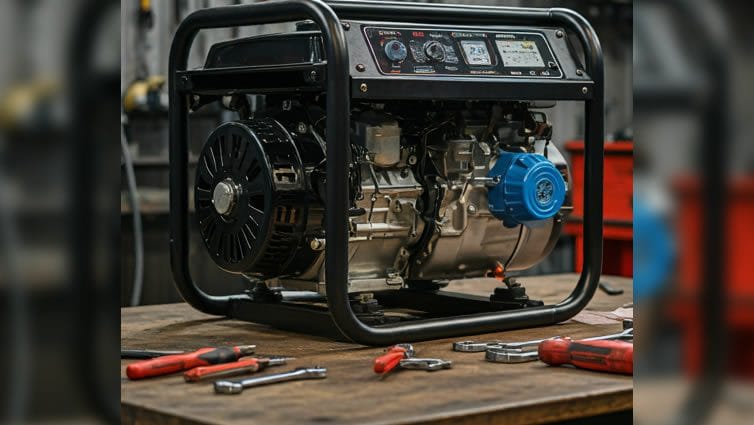
Emergency Use: Post-Event Maintenance
If your generator is mainly for emergency use—say, during power outages or extreme weather conditions—you should still perform some basic maintenance after each event. After using your generator for extended periods during a power outage, give it a good once-over when the power comes back on. Check the oil levels, inspect the air filter, and make sure the spark plug is clean. This post-event maintenance will help ensure your generator is ready for the next time you need it, keeping it in top condition and avoiding any costly repairs down the line.
How often you should service your generator really comes down to how much you use it and what kind of conditions it operates in. Regular maintenance—whether it’s a quick monthly check or a more thorough 100-hour service—will go a long way in keeping your generator running smoothly for years to come. By staying on top of these simple tasks, you’ll ensure your generator is always ready when you need it, whether you’re heading off on a camping trip or riding out a storm at home. So, grab that owner’s manual, set a maintenance schedule, and give your generator the care it deserves!
Common Generator Maintenance Mistakes to Avoid
When it comes to generator maintenance, a little care goes a long way in keeping your generator running smoothly. However, some common mistakes can easily slip through the cracks, leading to poor performance or even breakdowns when you need it the most. Don’t worry, though! With a bit of attention to detail, you can easily avoid these pitfalls. Let’s explore some of the most common generator maintenance mistakes and how to steer clear of them.

